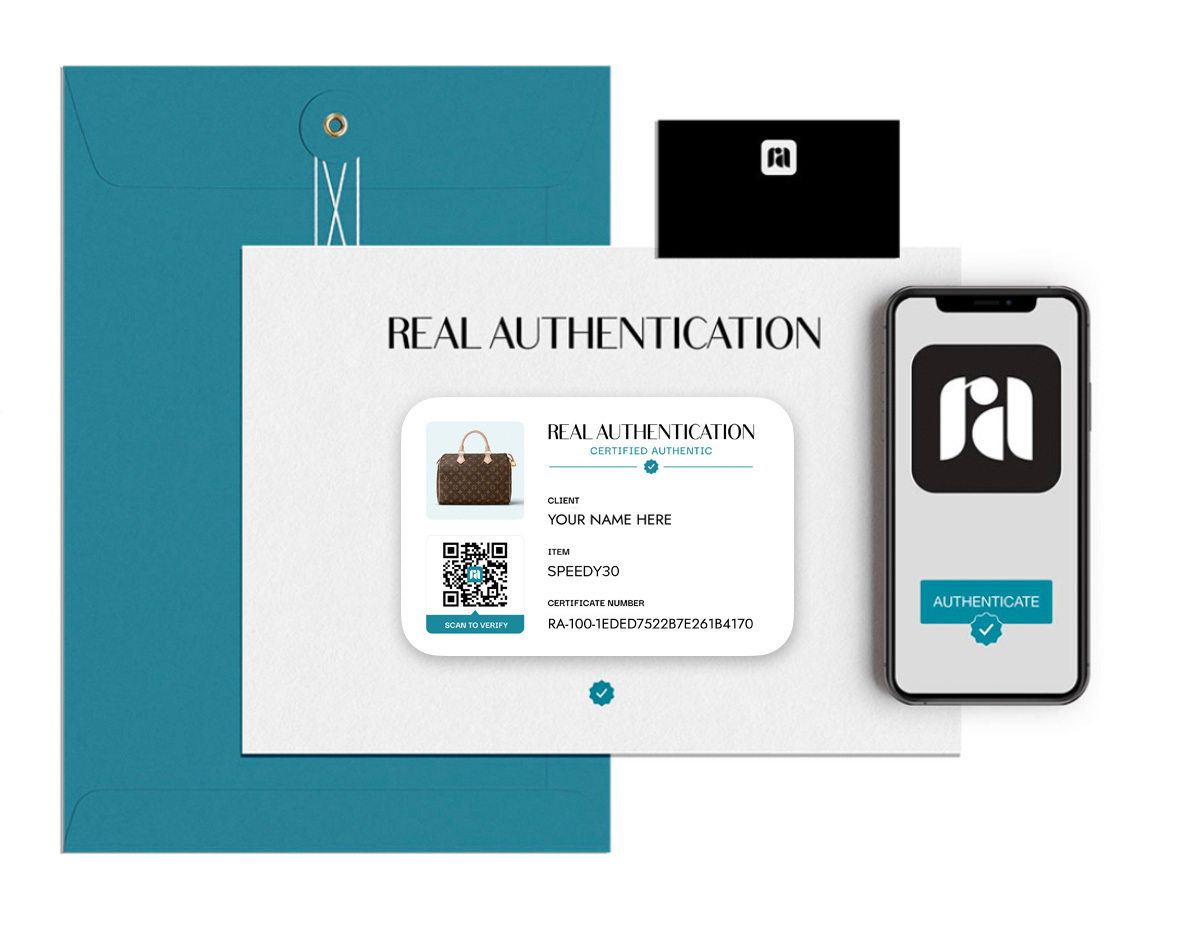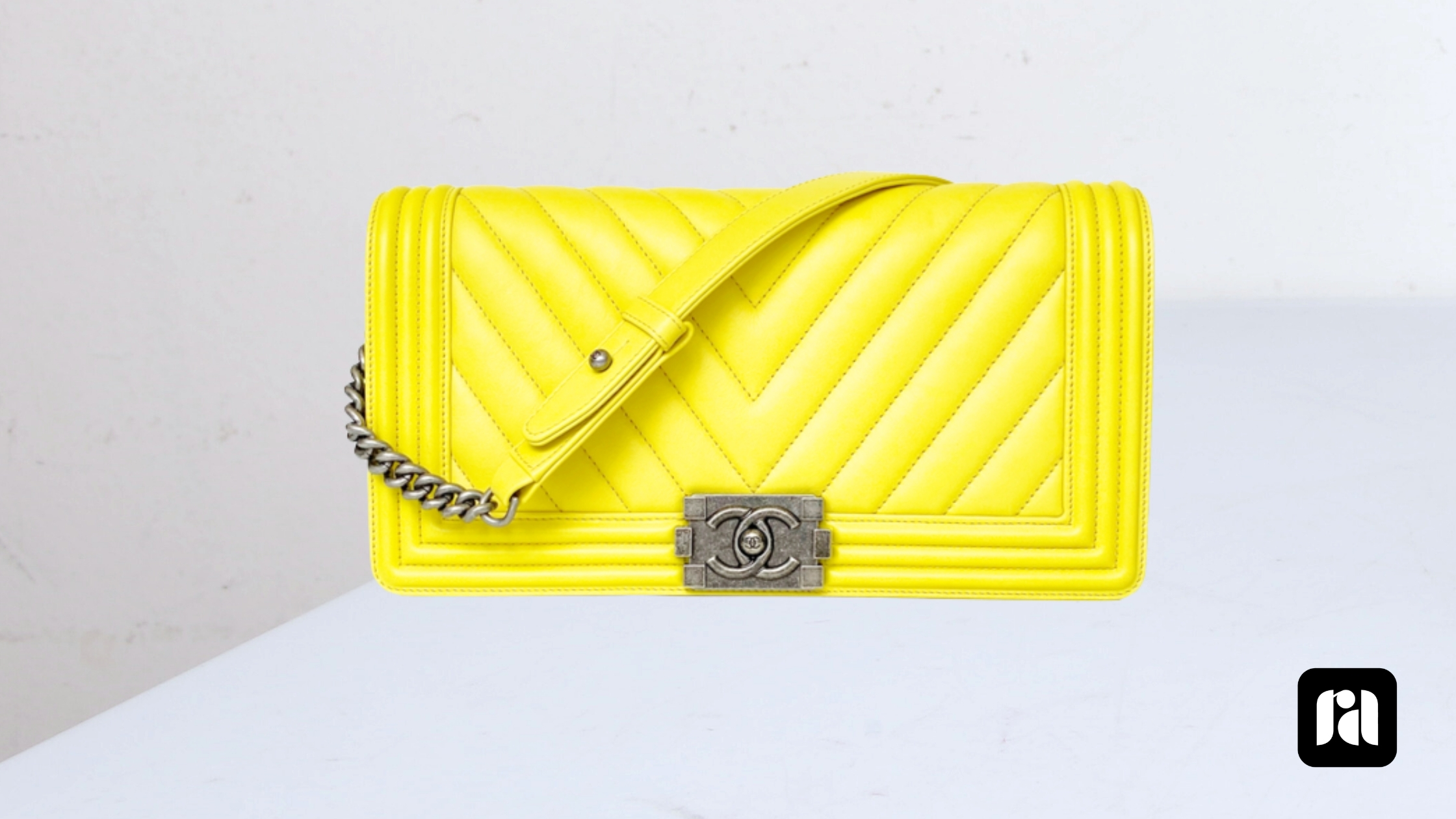Chanel vs. WGACA: A Milestone in Trademark Protection
Chanel vs. WGACA: A Milestone in Trademark Protection
The Impact of Chanel vs. WGACA on Trademark Enforcement
In the luxury fashion industry, brand reputation is everything. The recent conclusion of the Chanel vs. What Goes Around Comes Around (WGACA) case marks a significant moment in the ongoing battle to protect luxury trademarks. While a judge unanimously ruled in favor of Chanel in its trademark infringement case against WGACA, a federal judge issued a final judgment in February of this year. This ruling includes a permanent injunction prohibiting the resale platform from utilizing Chanel trademarks and branding (Yahoo.com). This legal victory not only vindicates Chanel’s longstanding efforts to safeguard its brand but also sends a clear message to the luxury goods industry, resellers, and consumers about the boundaries of trademark use and authenticity claims.
The Legal Battle: A Brief Overview
The legal clash between Chanel and What Goes Around Comes Around (WGACA) began in March 2018 when Chanel filed a lawsuit against the reseller, accusing it of trademark infringement, false advertising, and creating a misleading affiliation with the prestigious brand. Chanel’s claims centered on WGACA’s unauthorized use of Chanel trademarks and references in its marketing, which allegedly misled consumers into believing that Chanel endorsed or authenticated WGACA’s pre-owned products.
WGACA, a pioneer in the resale industry since 1993, defended itself by stating that its use of Chanel trademarks was merely to categorize goods, arguing that Chanel’s lawsuit was an attempt to restrict legitimate resale. Despite WGACA’s claims, the court highlighted WGACA’s use of the hashtag #WGACACHANEL as a misleading marketing strategy. Part of Chanel’s lawsuit, particularly concerning the sale and advertisement of counterfeit items, was upheld, while some trademark infringement claims lacking direct evidence were dismissed.
A significant point of contention was WGACA’s sale of counterfeit Chanel items and branded point-of-sale items not intended for resale. In February 2024, a jury found WGACA liable for willful trademark infringement and false association, awarding Chanel $4 million in damages. This case underscores the ongoing struggle between luxury brands and resellers over trademark use and authenticity in the secondary market.
To dive deeper into the history of this case, check out our blog post titled “30,000 Stolen Chanel Authenticity Cards Revealed in Chanel v. WGACA Trial.”
Final Judgment and Its Implications
The final judgment, delivered by Judge Louis Stanton, includes a permanent injunction against WGACA, prohibiting it from using Chanel trademarks and branding in its marketing. This decision underscores the court’s stance on protecting brand reputation against unauthorized use. Chanel’s further demands included nearly $100 million in disgorged profits, emphasizing the financial repercussions of trademark infringement. It also prohibits the sale of unauthorized or modified products, often referred to as “Frankenstein bags,” which combine various elements from different sources. Resellers are now obligated to indicate disclosures on Chanel-branded items and cannot claim authenticity for any Chanel products they resell.
Impact on the Luxury Goods Industry
This landmark ruling could reshape how luxury brands control their presence in secondary markets. It sets a precedent for rigorous trademark enforcement and highlights the vulnerability of resellers who might attempt to trade off another brand’s reputation. Legal expert Jeffrey Greene notes, “This case demonstrates that resellers – of any size and in any location – are not necessarily immune from liability,” (The Fashion Law).
Broader Industry Repercussions
For resellers, this case serves as a warning about the legal risks associated with unauthorized use of trademarks and the importance of maintaining clear, lawful marketing practices. For consumers, the decision reinforces the need for vigilance when purchasing luxury goods, ensuring they obtain genuine products from reputable sources.
The Chanel vs. WGACA case is a stark reminder of the complexities involved in luxury resale and trademark rights. As the industry evolves, stakeholders must navigate these challenges with transparency and a commitment to authenticity, safeguarding the heritage and value of luxury brands for future generations.
Real Authentication’s Commitment to Authentication
This ruling significantly influences the luxury resale and authentication sectors. Real Authentication will persist in offering individuals, dealers, and global brands unmatched confidence and peace of mind. We will leverage our extensive expertise and years of experience to provide the most reliable and precise luxury goods authentication service available.
Resources:
Disclaimer: Real Authentication is a 3rd party authentication service and is in no way affiliated with the brands it services.
About Real Authentication: Real Authentication’s mission is to provide individuals, dealers, and global brands with unparalleled confidence and peace of mind by leveraging our deep expertise and years of experience to deliver the most trusted and accurate luxury goods authentication service available. Follow this blog for more industry news, tips to spot counterfeits, and more! You can also connect with us on social media on Facebook, Instagram, TikTok, Pinterest, and LinkedIn.
Need Expert Authentication?
Our user-friendly process lets you receive authentication in as little as 1 hour from anywhere in the world.

1. Upload Your Photos
Simply upload images showing your product—anything from luxury handbags to clothing, shoes, and more.

2. Product is Verified
Two or more expert luxury authenticators typically review each product. Orders stay in your account for future reference. Added layers of AI technology and Quality assurance help to ensure accuracy prior to approval.

3. Get Certification
Instantly receive electronic certification. Upgrade your order at any time to receive official documentation—from Authenticity Cards to Written Statements.


